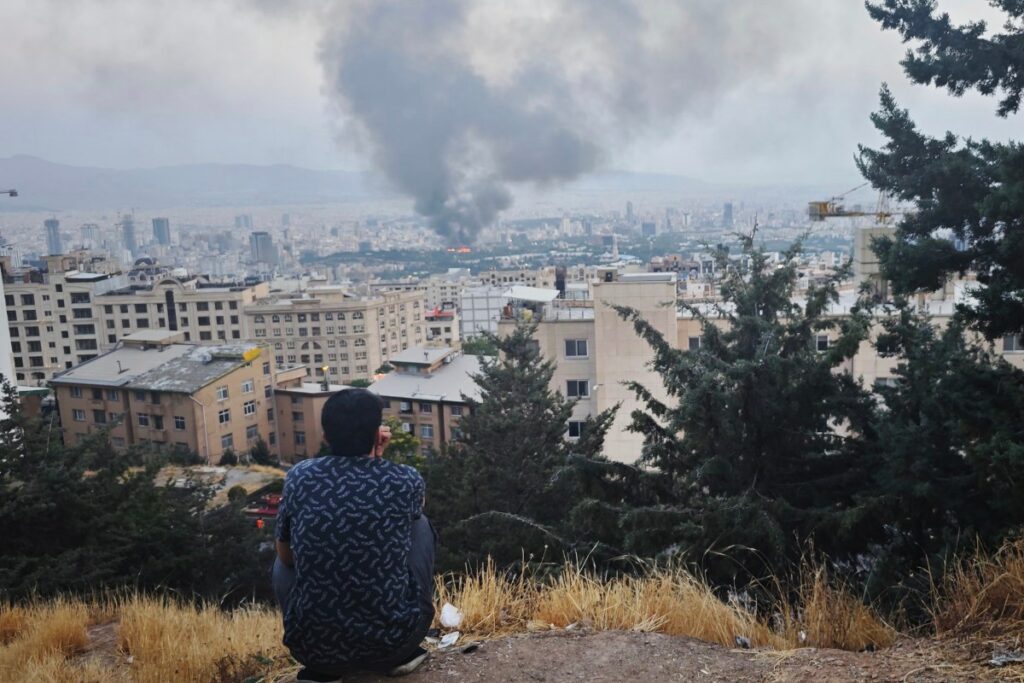Earlier this week, virtually everyone in Iran lost access to the internet in what was called a “near-total national internet blackout.”
At the time, it was unclear what happened or who was responsible for the shutdown, which has severely limited Iranians’ means to get information about the ongoing war with Israel, as well as their ability to communicate with loved ones inside and outside of the country.
Now, Iran’s government has confirmed that it ordered the shutdown to protect against Israeli cyberattacks.
“We have previously stated that if necessary, we will certainly switch to a national internet and restrict global internet access. Security is our main concern, and we are witnessing cyberattacks on the country’s critical infrastructure and disruptions in the functioning of banks,” Fatemeh Mohajerani, Iran’s government spokesperson, was quoted as saying in a local news story. “Many of the enemy’s drones are managed and controlled via the internet, and a large amount of information is exchanged this way. A cryptocurrency exchange was also hacked, and considering all these issues, we have decided to impose internet restrictions.”
Mohajerani referred to the hacks on Bank Sepah and Iranian cryptocurrency exchange Nobitex. In both cases, a group of hackers called Predatory Sparrow (also known in Farsi as “Gonjeshke Darande”) claimed responsibility and said it was attacking Iranian organizations to hurt the regime. Predatory Sparrow is a mysterious group that purports to be a group of pro-Israel hacktivists, which has had a lot of success disrupting key services in Iran, like gas stations and steel plants.
Everyday Iranians, in and outside of the country, are suffering from the internet shutdown in the midst of Israeli bombardments.
Amir Rashidi, Director of cyber security and digital rights at Miaan Group, told TechCrunch that his family evacuated Tehran as they lived in a neighborhood that the Israeli government warned it was going to target.
“I haven’t heard from them in two days, but someone is supposed to update me. I hope everything is okay,” Rashidi said. It’s not just the internet. All forms of communication from outside to inside the country have been cut off — even phone calls. If you try to call from outside, the phone won’t ring inside, and you’ll hear a meaningless recorded message on your end.”
Nariman Gharib, an Iranian activist who lives in London, said that a small group of people are able to get online because they know how to use virtual private servers as proxies, or “get lucky with their ADSL connections, since there are some disruptions in the network.”
“There aren’t that many people able to get online,” Gharib told TechCrunch. “My friends are tech-savvy, so they can bypass the restrictions, but generally, it’s very difficult because we have a complete internet shutdown in the country.”


